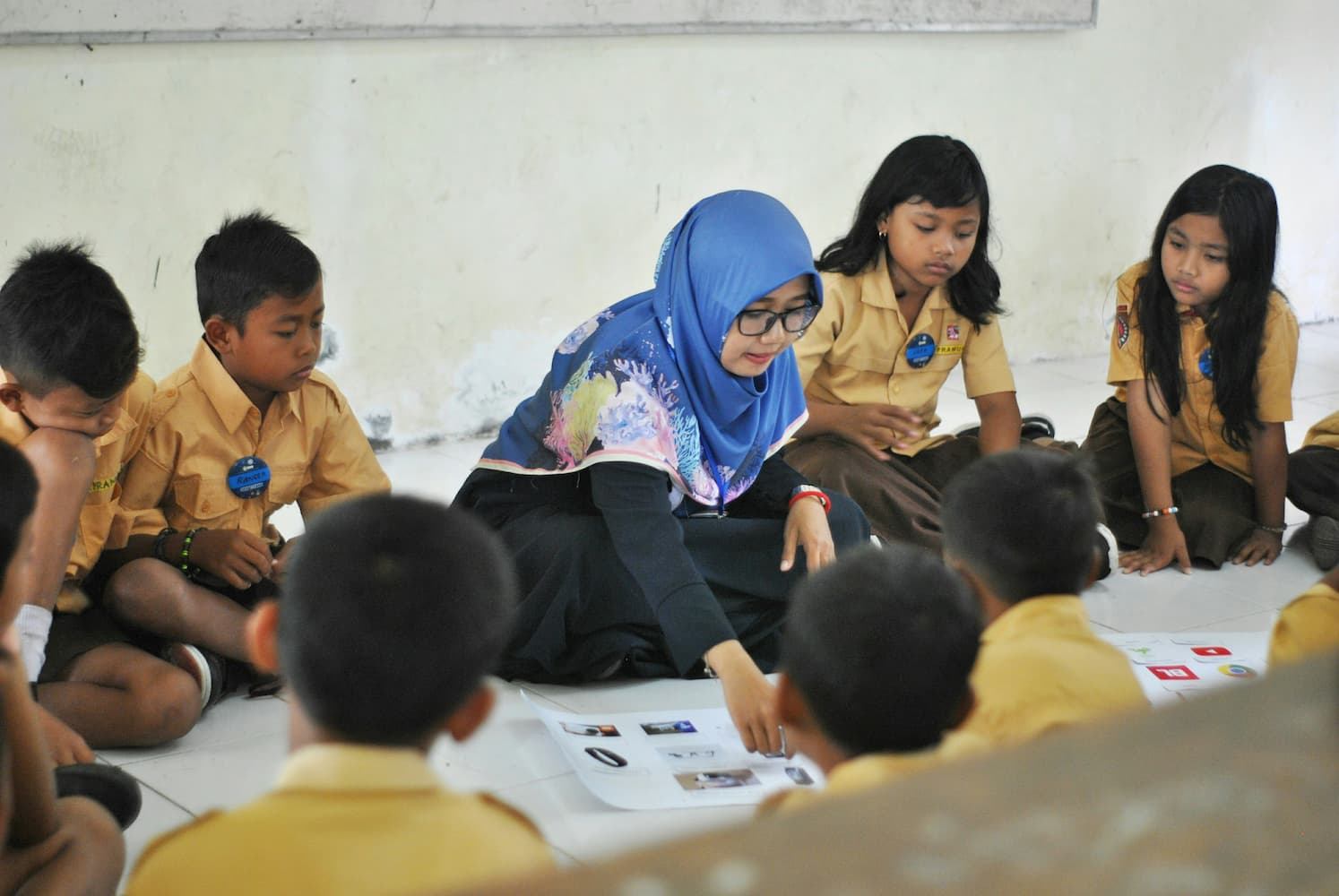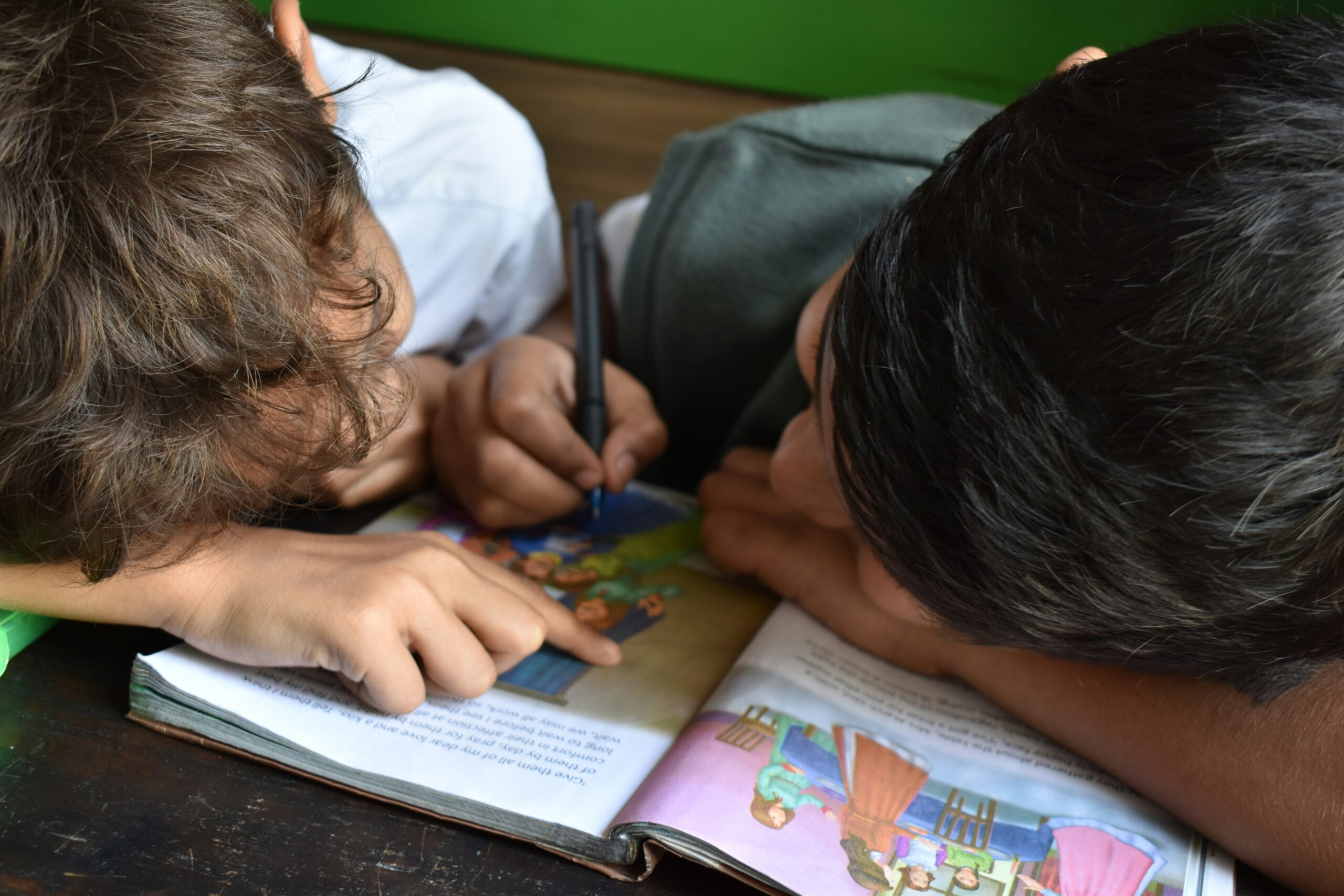Heather Leigh Kayton is a Senior Education Specialist at What Works Hub for Global Education at the Blavatnik School of Government. Her work focuses on improving educational outcomes in developing countries, with a particular focus on the relationships between multilingual classrooms and foundational literacy development.
Heather has over a decade of experience as a teacher and teacher trainer in South African schools. This inspired her passion for finding pragmatic, equitable solutions to ensure all students learn to read successfully. Heather holds a MA in Applied Linguistics from the University of Johannesburg and a DPhil in Education from the University of Oxford. Her PhD research investigated ways to enhance equity in large-scale educational assessments for multilingual contexts.
Prior to joining the What Works Hub in Global Education, Heather worked a research assistant on the national research team for England for the Progress in International Reading Literacy Study (PIRLS) and the Programme for International Student Assessment (PISA). She is passionate about ensuring assessments being used to evaluate the achievement of students are fair, unbiased, and effective for diverse student populations across different contexts.




